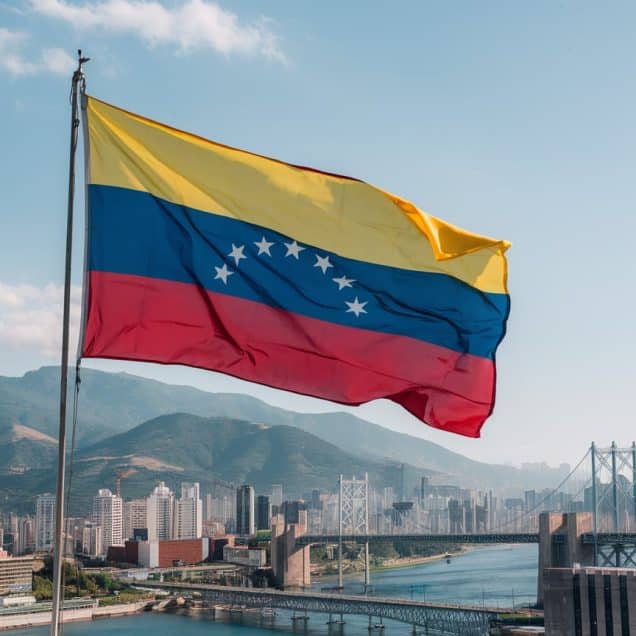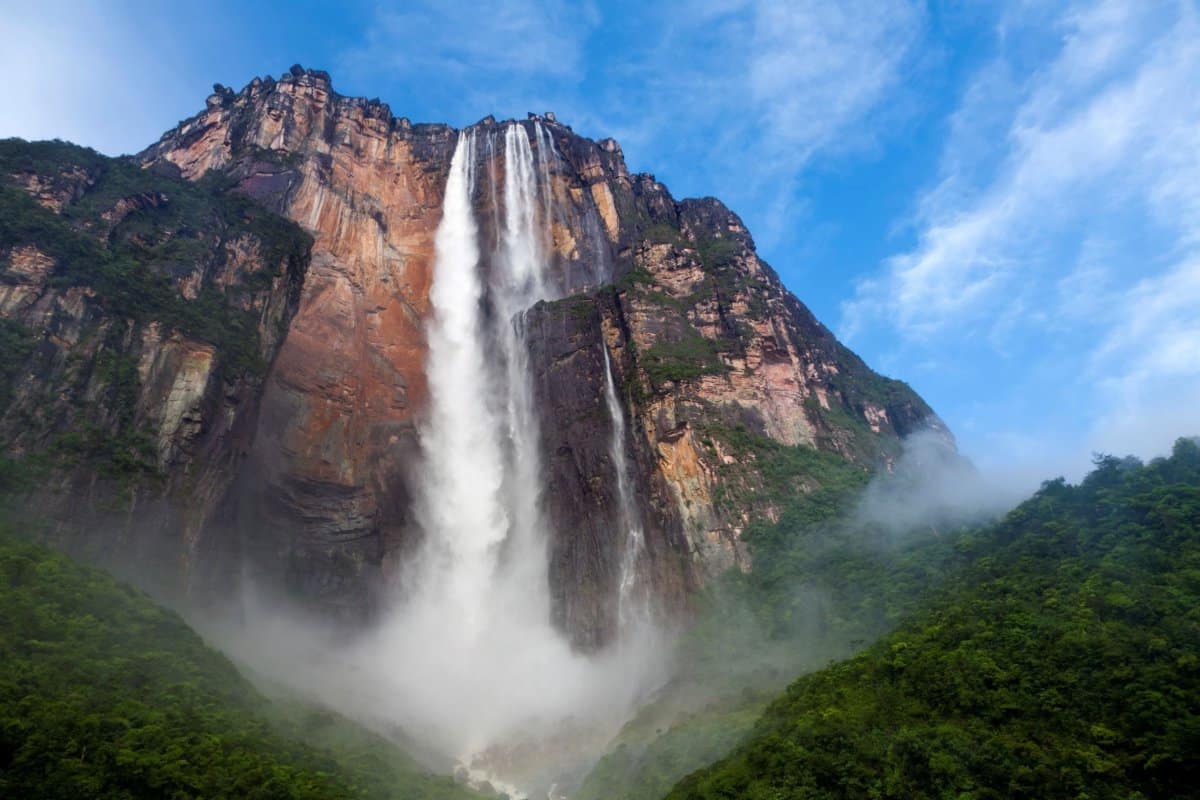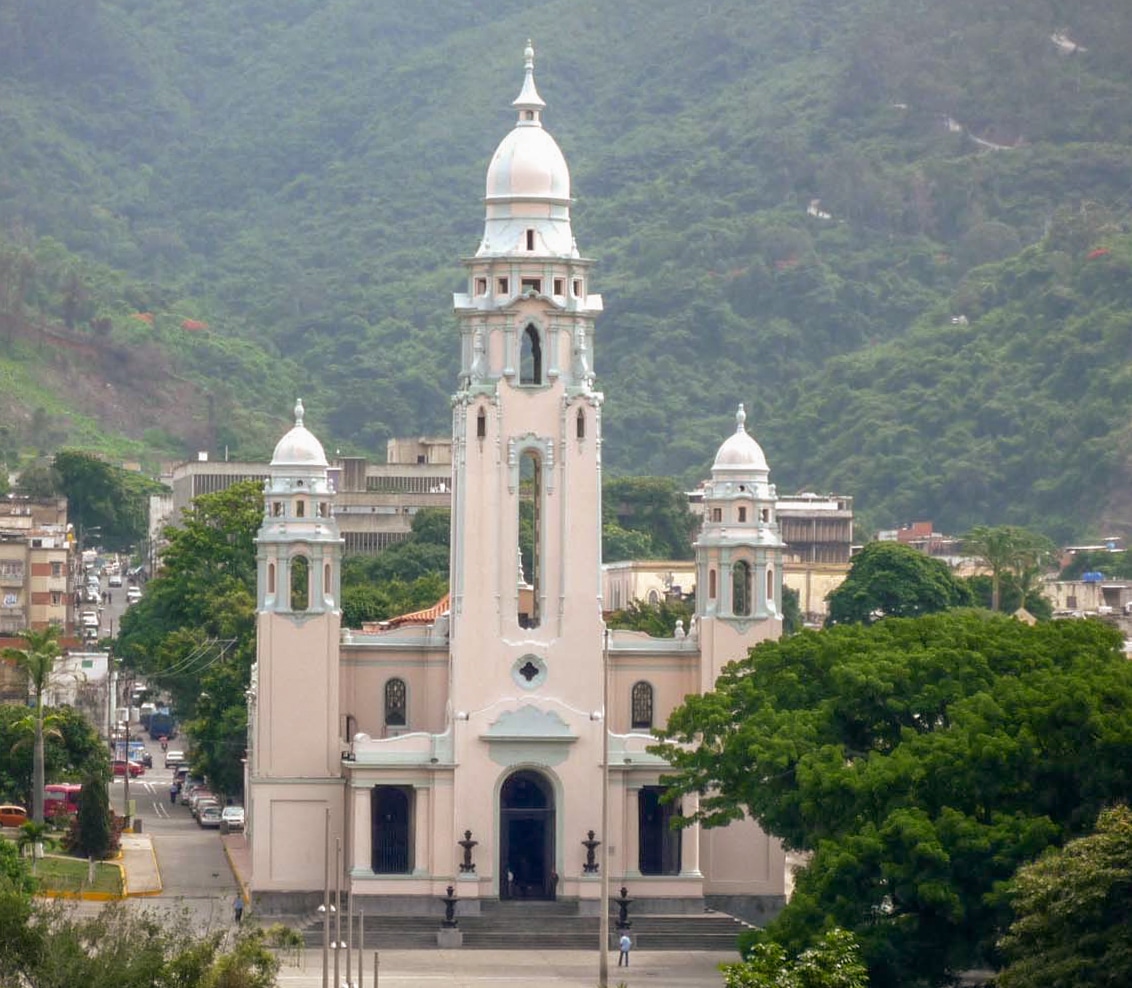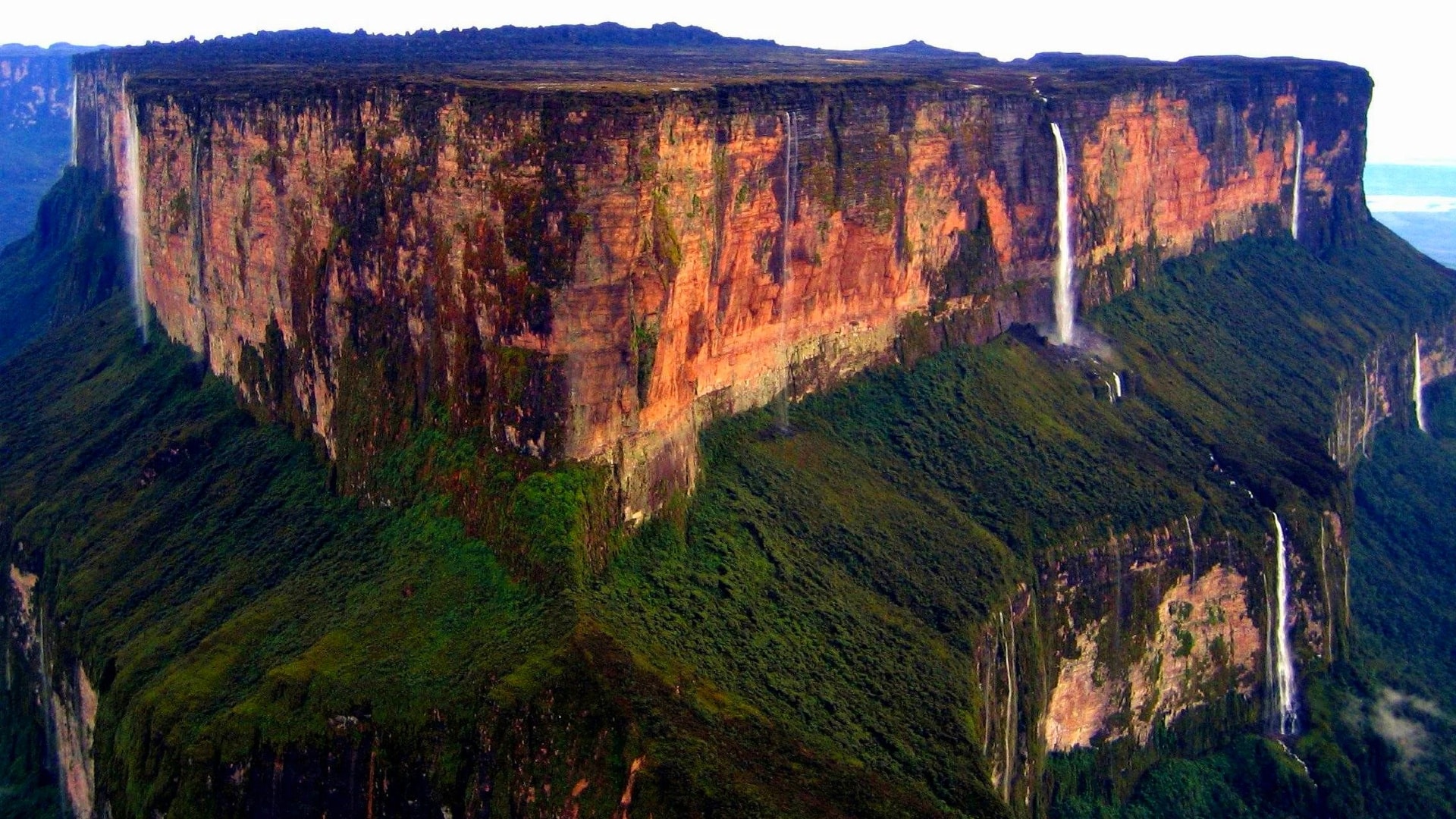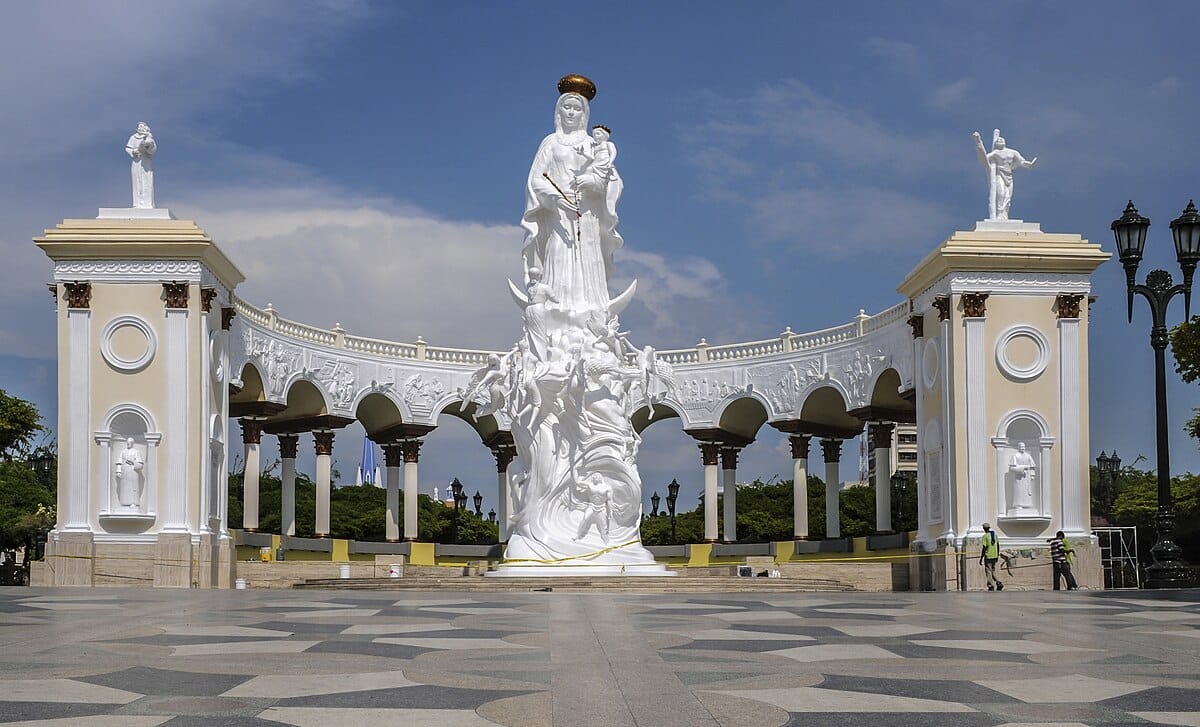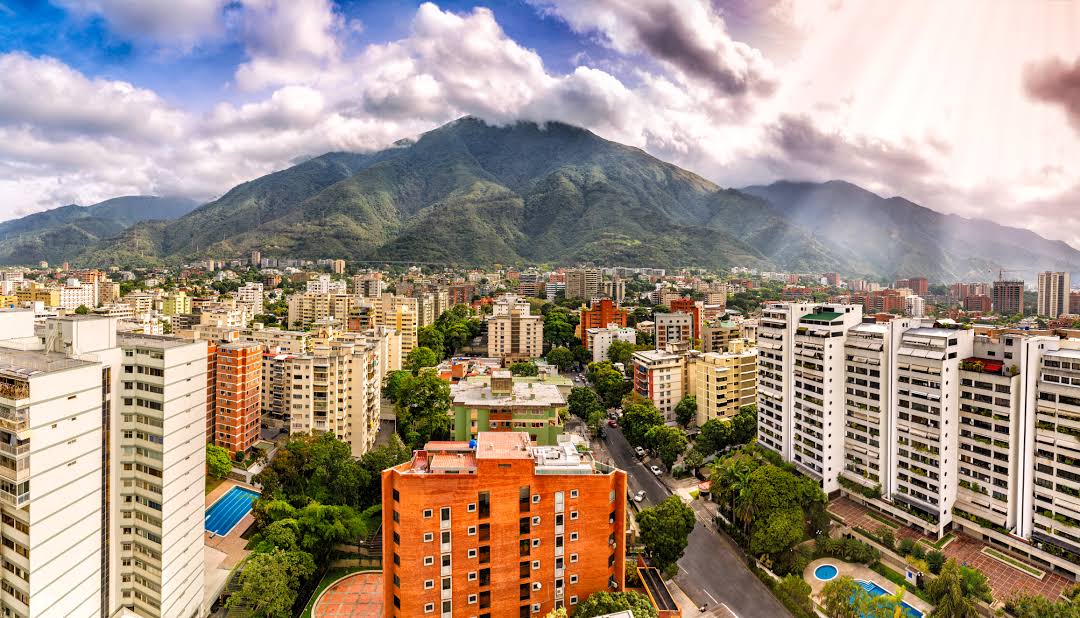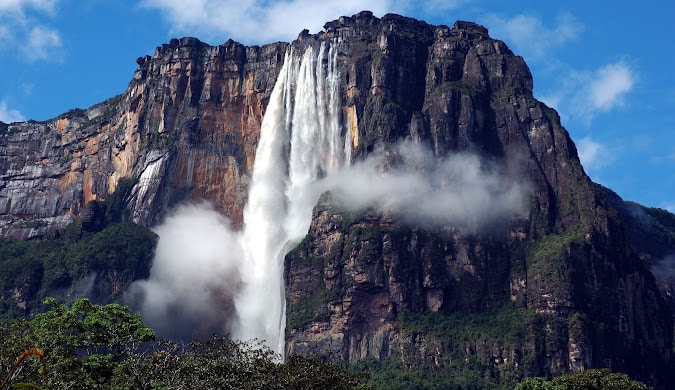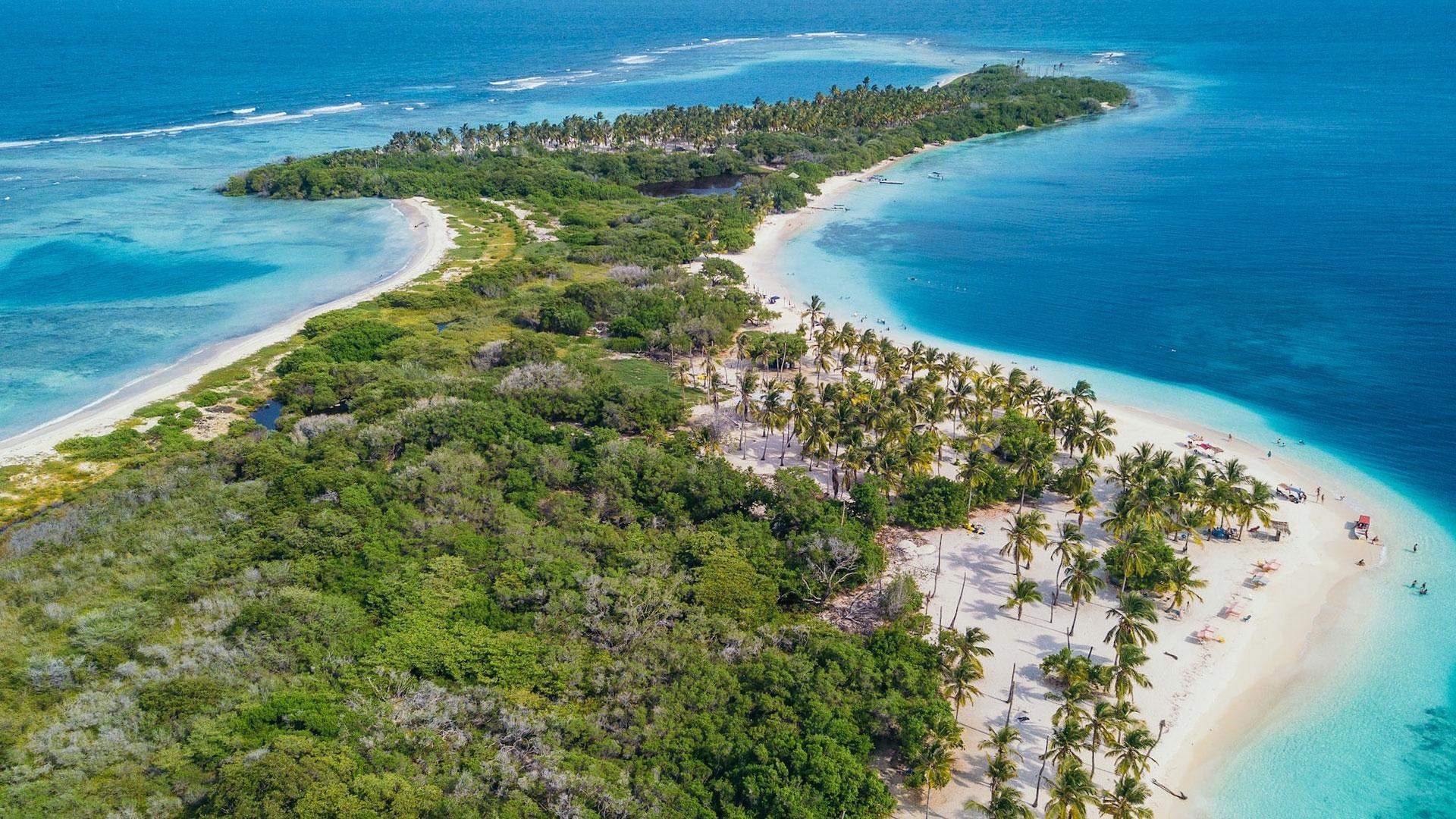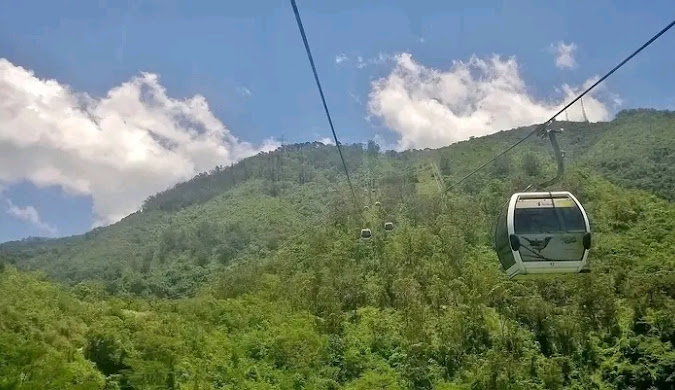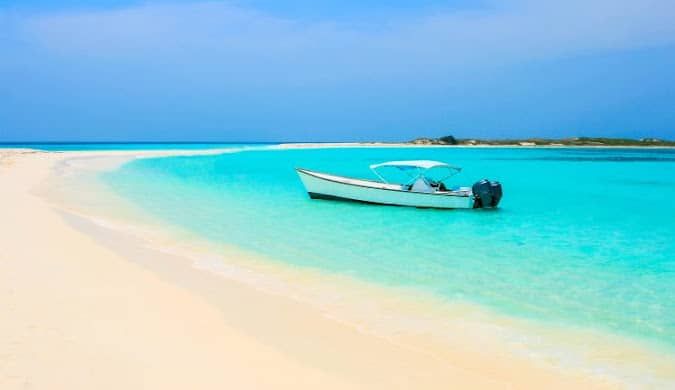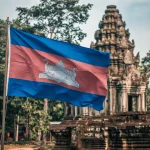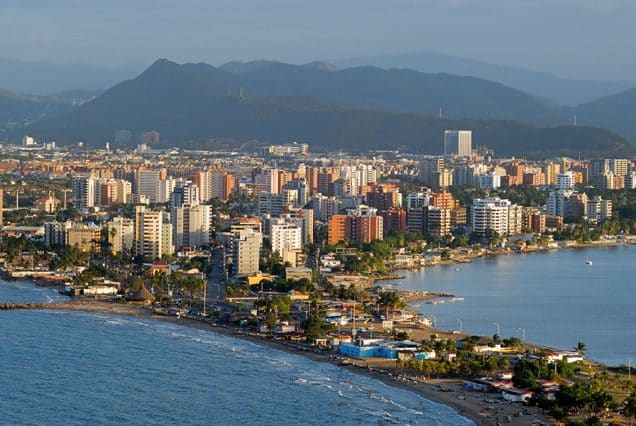

Discover Venezuela
Sights
Map
Info
Venezuela is a South American country known for its diverse landscapes, from tropical beaches to the world’s highest waterfall, Angel Falls. Despite economic and political challenges, it remains a destination with stunning natural beauty and a rich cultural heritage. When planning your trip, it’s important to know about visa and passport requirements, transportation and accommodation options, and local customs. Additionally, practical tips about the cuisine, shopping, and language barriers will enhance your experience in Venezuela.
Visa and Passport Requirements
Visa Requirement: Most nationalities need a visa to enter Venezuela, though some Latin American countries are exempt.
Passport Validity: Your passport must be valid for at least six months beyond your stay in Venezuela.
Visa Application: Visas are typically obtained from Venezuelan embassies, and it is advisable to plan ahead when applying.
Transportation
Air Travel: Simón Bolívar International Airport in Caracas is the main international gateway, and domestic flights connect major cities.
Buses: Intercity buses are an affordable way to travel long distances between cities.
Taxis: Taxis are widely available in cities, but it’s recommended to use registered services for safety.
Accommodation
Luxury Hotels: International-standard luxury hotels are available in Caracas and other major cities, offering high-end amenities.
Mid-Range Hotels: Affordable mid-range hotels can be found in various regions, but ensure they meet safety and cleanliness standards.
Hostels and Guesthouses: For budget-conscious travelers, hostels and guesthouses are popular, particularly in tourist areas.
Dining
Local Cuisine: Venezuelan cuisine features staples like arepas, empanadas, and pabellón criollo, which are widely available.
Restaurants: Major cities offer a variety of dining options, including local and international cuisine, though rural areas may have fewer choices.
Water Safety: It is recommended to drink bottled water and avoid tap water, as sanitation systems are not reliable in all areas.
Cultural Considerations
Customs and Traditions: Venezuelan culture places a strong emphasis on family and hospitality, and visitors may be invited for meals or tea.
Dress Code: While urban areas are generally casual, it’s advisable to dress more conservatively in rural areas and religious sites.
Religious Sensitivity: Venezuela is predominantly Catholic, and respect for religious customs and sites is important.
Language
Official Language: Spanish is the official language spoken throughout the country.
English Usage: English is not widely spoken outside tourist areas, so knowing some basic Spanish can be helpful.
Translation Apps: Translation apps can be useful, especially in remote areas where English is rarely spoken.
Technology and Communication
Wi-Fi Access: Wi-Fi is available in most hotels, cafes, and restaurants in major cities, though internet speeds may vary in rural areas.
Mobile SIM Cards: Local SIM cards are available at affordable prices and can be purchased at the airport or in larger cities for data and calls.
Shopping and Payment
Local Markets: Traditional markets are great for finding handmade crafts, souvenirs, and local goods.
Payment Methods: Cash is the primary method of payment, especially in small businesses, with limited acceptance of credit cards.
Currency Exchange: U.S. dollars and euros can be exchanged at official exchange points in cities, but informal exchanges should be avoided.

